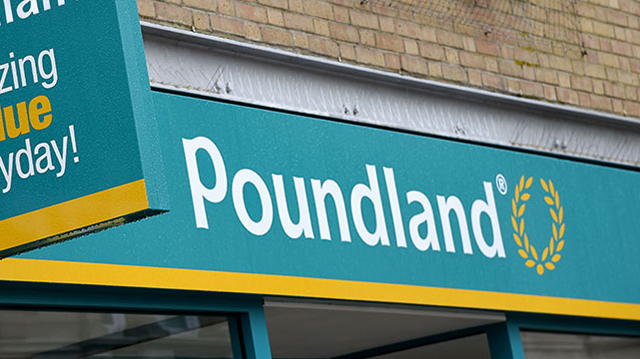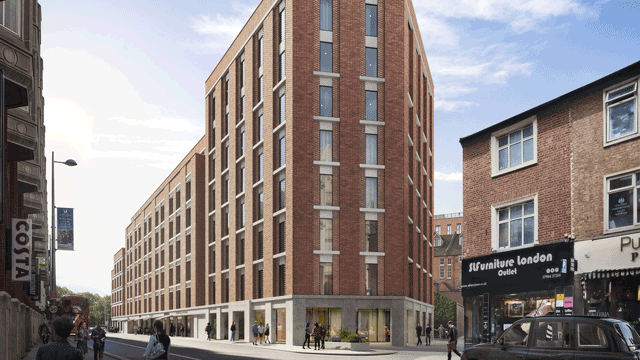DB Real Estate has frozen its open-ended grundbesitz-invest fund.
DB Real Estate has suspended taking back or issuing coupons to private investors until it knows the new value of the properties in the fund.
The fund manager has ordered a special audit of the value of the 130 properties or so in the €8bn fund. The results are expected by February.
It is the first time in history that a German fund manager closes one of its open-ended property funds. Like other open-ended funds investing in Germany, the grundbesitz-invest fund has been suffering from large money outflows as investors switched to better-performing European-focused funds.
In the past, other funds have received support from their parent companies, which bought troubled assets or coupons returned by private investors.
“This could be an opportunity for grundbesitz-invest to present itself anew to investors in a couple of months while at the same time the image loss of DB Real Estate cannot be foreseen,” said Alexandra Merz, an analyst at rating agency Scope.
On Sunday, Scope put the fund on its watch list with negative outlook after it became aware that retail investors could not buy or return their coupons.
Yesterday, Scope downgraded DB Real Estate’s other open-ended fund, grundbesitz-global, after DB Real Estate lost its chairman Michael Kremer. He will step down in January 2006.
In addition, German property paper Immobilien Zeitung reported that Mario Liebermann, managing director of DB Real Estate Management GmbH would leave the company too.
Earlier, Matthias Hünlein, managing director of DBRE’s Spezial Invest unit, reportedly left the company.
It is feared that the turmoil at DB Real Estate could have wider repercussions for the €88bn open-ended fund management industry. German fund management association, BVI, said other funds were not planning a freeze.
It argued that DB Real Estate’s belief that the German property market has disconnected itself from European market developments since October was not shared by other fund managers.
“On the contrary, we have seen positive indications since a few months for an upswing in the current property market,” said Detlev Dietz, BVI’s chairman.
The turmoil at DB Real Estate started last month when it sold three German office buildings from the grundbesitz invest fund below its own book values to a new Australian property vehicle called Rubicon.
A spokesman confirmed that DB Real Estate had written down the value of the assets just before the sale but wouldn’t comment on the new values as it hadn’t been able to establish the new values.
DB Real Estate said the temporary freezing of the fund would not necessarily have negative implications for the value of the fund. It will pay a dividend of €1.35, which reflects a 3.3% return, in January.










